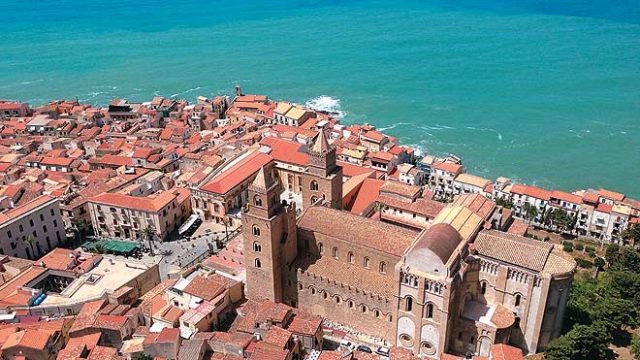The Unesco World Heritage Committee’s 2015 meeting in Bonn in late June has led to 24 new inscriptions on the World Heritage list, among them the Arab-Norman Palermo and the Cathedral Churches of Cefalù and Monreale in Sicily. These splendid monuments are a series of nine religious and civic structures dating back to 1130-1194 CE, when Sicily was a Norman kingdom. The group of monuments spread over about six hectares includes two palaces, three churches, a cathedral and a bridge in Palermo, and two cathedrals in Monreale and Cefalù, respectively. Apart from its architectural grandeur, the site is notable for extensive mosaics made with cubical tiles called tesserae, pavements in opus sectile (walls and floors inlaid with marble, mother of pearl and glass) and marquetry (furniture inlaid with coloured wood). Together they are representative of the breathtaking socio-cultural syncretism between Western, Islamic and Byzantine cultures.
The wonder that is Sicily
The Arab-Norman Palermo and the Cathedral Churches of Cefalù and Monreale in Sicily were recently declared as Unesco World Heritage Site

The wonder that is Sicily
The wonder that is Sicily



